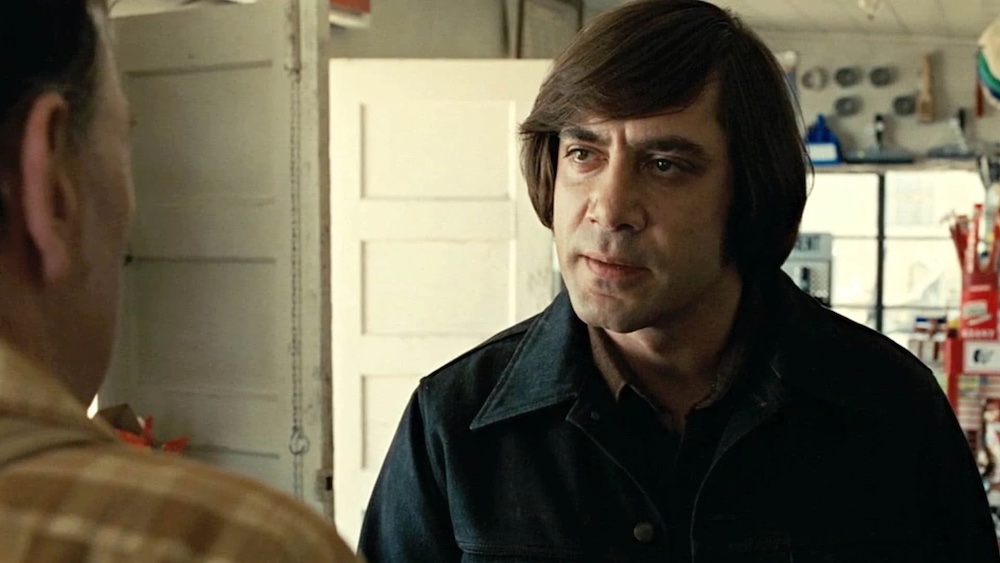I’m an old-cohort millennial or, if you like, part of the Oregon Trail generation. I graduated college in 2010. At that time, I was definitely aware of transgenderism, for example, because I was an English major and I worked at the campus paper. None of the great awokening era stuff has been new to me because of that. That said, on campus more generally and in media culture more generally, that was still a time with a relatively narrow Overton Window. Back then, Barack Obama still hadn’t “evolved” on gay marriage—meaning he hadn’t stopped lying about his support for it because lying about his support for gay marriage was actually politically advantageous. That’s just one example, but it’s a striking one, I think, that suggests how things have shifted in the past decade plus.
Login to read more
Sign in or create a free account to access Subscriber-only content.
Topics:
